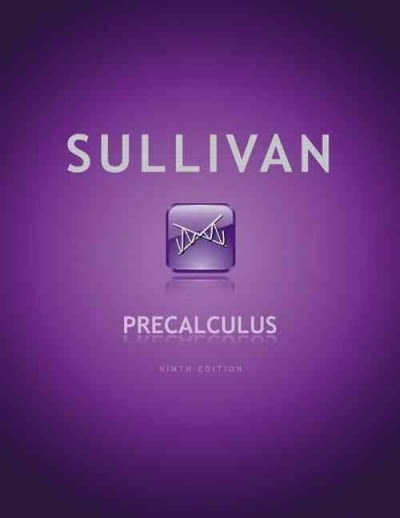Question
A company supplies pins in bulk to a customer. The company uses an automatic lathe to producethe pins. Factors such as vibration, temperature, and wear
A company supplies pins in bulk to a customer. The company uses an automatic lathe to producethe pins. Factors such as vibration, temperature, and wear and tear affect the pins, so that thelengths of the pins made by the machine are normally distributed with mean of 1.008 inches anda standard deviation of 0.045 inch. The company supplies the pins in large batches to a customer.The customer will take a random sample of 50 pins from the batch and compute the mean. If thesample mean is within the interval 1.00 inch 0.010inch, then the customer will buy the wholebatch.
1.What is the probability that a batch will be acceptable to the consumer? Is the probabilitylarge enough to be an acceptable level of performance?To improve the probability of acceptance, the production manager and the engineers discussadjusting the population mean and standard deviation of the lengths of the pins.
2.If the lathe can be adjusted to have the mean of the lengths at any desired value, whatshould it be adjusted to? Why?
3.Suppose the mean cannot be adjusted, but the standard deviation can be reduced. What maximum value of the standard deviation would make 90% of the parts acceptable to theconsumer? (Assume the mean continues to be 1.008 inches.)
4.Repeat part 3 with 95% and 99%of the pins acceptable.
5.In practice, which one do you think is easier to adjust, the standard deviation? Why?
6.The production manager then considers the costs involved.Thecost of resetting themachine to adjust the population mean involves the engineers' time and the cost ofproduction timelost.The costof reducingthe population standarddeviation involvesinaddition to these costs, the cost of overhauling the machine and reengineering theprocess.
7.Assume it costs $150x2to decrease the standard deviation by (x/1,000) inch. Find thecost of reducing the standard deviation to the values found in parts 3 and 4.
8.Now assume that the mean has been adjusted to the best value found in part2 atacost of$80. Calculate the reduction in standard deviation necessary to have 90%, 95% and 99%of the parts acceptable. Calculate the respective costs, as in part6.9.Based on your answers to parts 6 and 7, what are your recommended mean and standarddeviation to which the machine should be adjusted?*Case taken from Complete Business Statistics by Amir Aczel & J. Sounderpandian, TATA McGraw Hill.
Step by Step Solution
There are 3 Steps involved in it
Step: 1

Get Instant Access to Expert-Tailored Solutions
See step-by-step solutions with expert insights and AI powered tools for academic success
Step: 2

Step: 3

Ace Your Homework with AI
Get the answers you need in no time with our AI-driven, step-by-step assistance
Get Started


